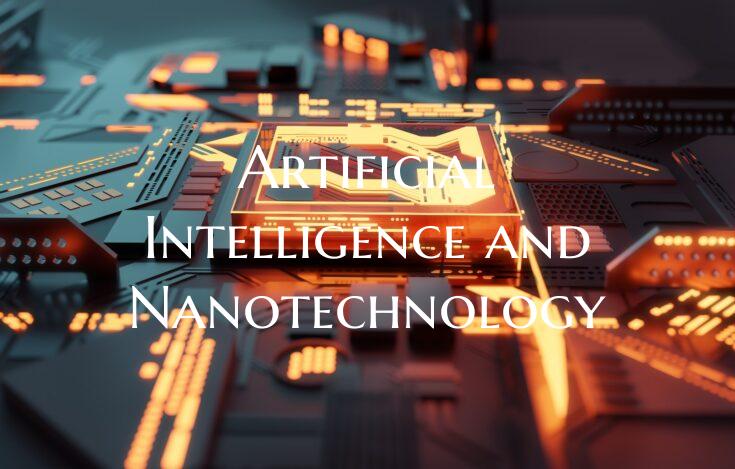Artificial Intelligence and Nanotechnology
Artificial Intelligence (AI) and Nanotechnology represent two cutting-edge technologies that have the potential to revolutionize various industries and pave the way for a more advanced future. The intersection of these two fields opens up a realm of possibilities that could significantly impact fields such as healthcare, manufacturing, and environmental sustainability.
Nanotechnology, which deals with materials and structures at the nanoscale level, has already demonstrated remarkable capabilities in areas like drug delivery, textiles, and electronics. By manipulating matter at such a small scale, scientists have been able to create materials with unique properties and functions not found in macroscopic objects.
When AI is introduced into the mix, the potential for further innovation becomes even greater. AI systems can be employed to analyze and interpret vast amounts of data generated in nanotechnology research, leading to faster discoveries and advancements. Machine learning algorithms can also be used to design new nanomaterials with specific properties, optimizing their performance for various applications.
In the realm of healthcare, the combination of AI and nanotechnology holds immense promise. Nanoscale drug delivery systems can be designed to target specific cells or tissues in the body, enhancing the effectiveness of treatments while minimizing side effects. AI algorithms can assist in the prediction of optimal drug formulations based on a patient's genetic makeup and medical history, personalizing medicine to a degree never before possible.
In manufacturing, the integration of AI and nanotechnology can lead to the development of advanced materials with superior strength, conductivity, and other properties. Self-assembling nanomachines controlled by AI could revolutionize production processes, leading to highly efficient and precise manufacturing methods.
Furthermore, in the field of environmental sustainability, AI-powered nanosensors can be utilized for real-time monitoring of pollutants in air and water, enabling quick response to environmental threats. Nanotechnology can also contribute to the development of novel solutions for clean energy generation and storage, with AI playing a key role in optimizing these systems for maximum efficiency.
While the potential benefits of combining AI and nanotechnology are immense, ethical considerations must be taken into account to ensure responsible development and deployment of these technologies. Privacy concerns, potential misuse, and the societal impact of increased automation are among the issues that need to be carefully addressed as these fields continue to evolve.
In conclusion, the collaboration between Artificial Intelligence and Nanotechnology represents a frontier of innovation that has the power to transform industries and address complex challenges facing society today. By leveraging the strengths of both fields, researchers and engineers can unlock new capabilities and create solutions that were once thought to be impossible.

